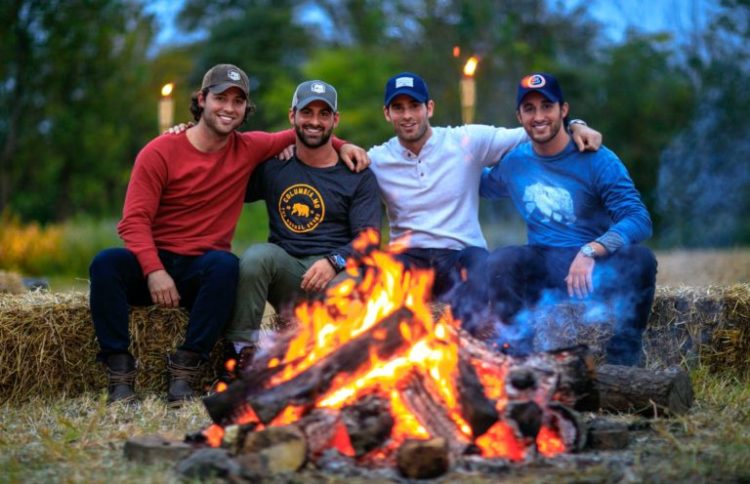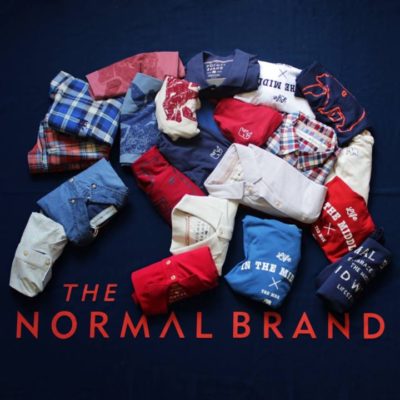We are fortunate to have the opportunity to work on a challenging entrepreneurial consulting assignment through WashU’s Center for Experiential Learning (CEL) CELect course. Our team of two MBA students, one graduate law student, and one undergraduate student, was assigned to a consulting project with Arch Grants to identify how the non-profit organization Arch Grants can continue to advance economic development in the St. Louis region by attracting innovative entrepreneurs.
The Client
Arch Grants is a non-profit organization that provides $50,000 equity-free grants and pro bono support services to attract and retain entrepreneurial talent in the St. Louis area. Founded in 2011, Arch Grants launched its international Business Plan Competition as a strategy to build the next generation of successful businesses within the St. Louis region.
Each year, Arch Grants hosts a competitive Global Startup Competition to identify innovative and scalable startups with the potential to make national or international impact. The recipients of the grants are required to locate or relocate their businesses to St. Louis for at least one year. These winners are chosen by the board and undergo a vetting process by experts, community members and venture capitalists in the region. This program is an aggressive effort to inspire and attract the next generation of employers, civic leaders, and philanthropists to St. Louis.
Five years ago, Missouri was ranked as the next-to-worst state in terms of its entrepreneurial activity and as large corporations left St. Louis or merged with companies headquartered elsewhere in the wake of the recession, Arch Grants was founded to attract and retain high-growth companies to drive economic development efforts throughout the St. Louis region. Through their relentless work, Arch Grants and their community of entrepreneurs, venture capitalists, accelerators, and incubators have created a name for St. Louis as one of the top rising entrepreneurial economies. Arch Grants hopes to boost this ranking further and attract greater talent to St. Louis, hence the purpose of this consulting project.
The Approach
Our team embarked on this journey with a standard kick off meeting with Ben Burke, Director of Entrepreneurship, at Arch Grants. The meeting was focused on gathering requirements and understanding Ben’s expectations about the deliverables. His primary goal was to make Arch Grant’s business model more successful and sustainable through effective capital allocation. The project required a few brainstorming sessions, and some ideas were deemed to be out of scope. We then performed extensive research and created a cost-benefit analysis for each in-scope idea to gauge the viability of success, focusing on its impact to the St. Louis entrepreneurial community and in line with Arch Grant’s objectives. Looking forward, we will continue to research our ideas, focusing on external validation and implementation of those ideas as final deliverables.
The Experience
This project has been a challenging, engaging, and rewarding experience for all team members. It has required us to maneuver through a considerably open-ended problem statement to arrive at a succinct and realizable assignment given the limited time assigned for the project. We enjoyed the challenge of deriving the problem statement through multiple brainstorming sessions with Ben as much as we enjoyed brainstorming ideas to allocate capital effectively. Given that we had team members from diverse backgrounds, it was interesting to see how a single idea would be analyzed differently by each team member. The discussions, ultimately, were creative, unique, and insightful. Additionally, the team had the opportunity to explore the T-REX building, meet with successful startups and entrepreneurs, and learn from dedicated and seasoned entrepreneur and distinguished Professor Clifford Holekamp. Overall, this experience has considerably enriched our knowledge about St. Louis’s entrepreneurial ecosystem. We look forward to presenting our findings to Ben and hope our recommendations will attract more innovative entrepreneurs to St. Louis.
Team blogger: Reekhia Basu, MBA ’17
Ife Albert, Law; Ariel Applebaum, A&S; Krunal Shah, MBA






 I recently spoke with Sansone about his company, the midwest and his time at WashU.
I recently spoke with Sansone about his company, the midwest and his time at WashU.

